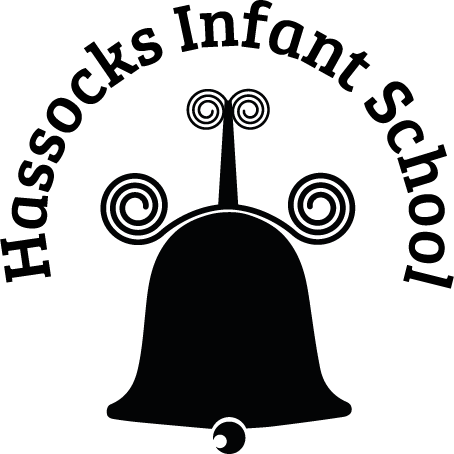EYFS and National Curriculum objectives
Early Years Foundation Stage (Reception Year)
In our Reception classes, we are excited to help young learners discover the technology they use every day! We want children to explore their devices, building their understanding of how things work while developing important skills like algorithmic thinking and logical reasoning. By breaking down problems into smaller parts, students will learn to tackle challenges with confidence and keep trying until they find a solution.
We also focus on how computing shapes our lives, helping children understand its role in their learning, future jobs, and friendships. We encourage a healthy balance between screen time and time spent away from technology. Plus, we’ll talk about online safety and responsible technology use, so children feel empowered to navigate the digital world with care and confidence.
National Curriculum for Key Stage 1 (Years 1 & 2)
Purpose of study:
A high-quality computing education equips pupils to use computational thinking and creativity to understand and change the world. Computing has deep links with mathematics, science, and design and technology, and provides insights into both natural and artificial systems. The core of computing is computer science, in which pupils are taught the principles of information and computation, how digital systems work, and how to put this knowledge to use through programming. Building on this knowledge and understanding, pupils are equipped to use information technology to create programs, systems and a range of content. Computing also ensures that pupils become digitally literate – able to use, and express themselves and develop their ideas through, information and communication technology – at a level suitable for the future workplace and as active participants in a digital world.
Aims:
The national curriculum for computing aims to ensure that all pupils:
- can understand and apply the fundamental principles and concepts of computer science, including abstraction, logic, algorithms and data representation § can analyse problems in computational terms, and have repeated practical experience of writing computer programs in order to solve such problems.
- can evaluate and apply information technology, including new or unfamiliar technologies, analytically to solve problems.
- are responsible, competent, confident and creative users of information and communication technology.
